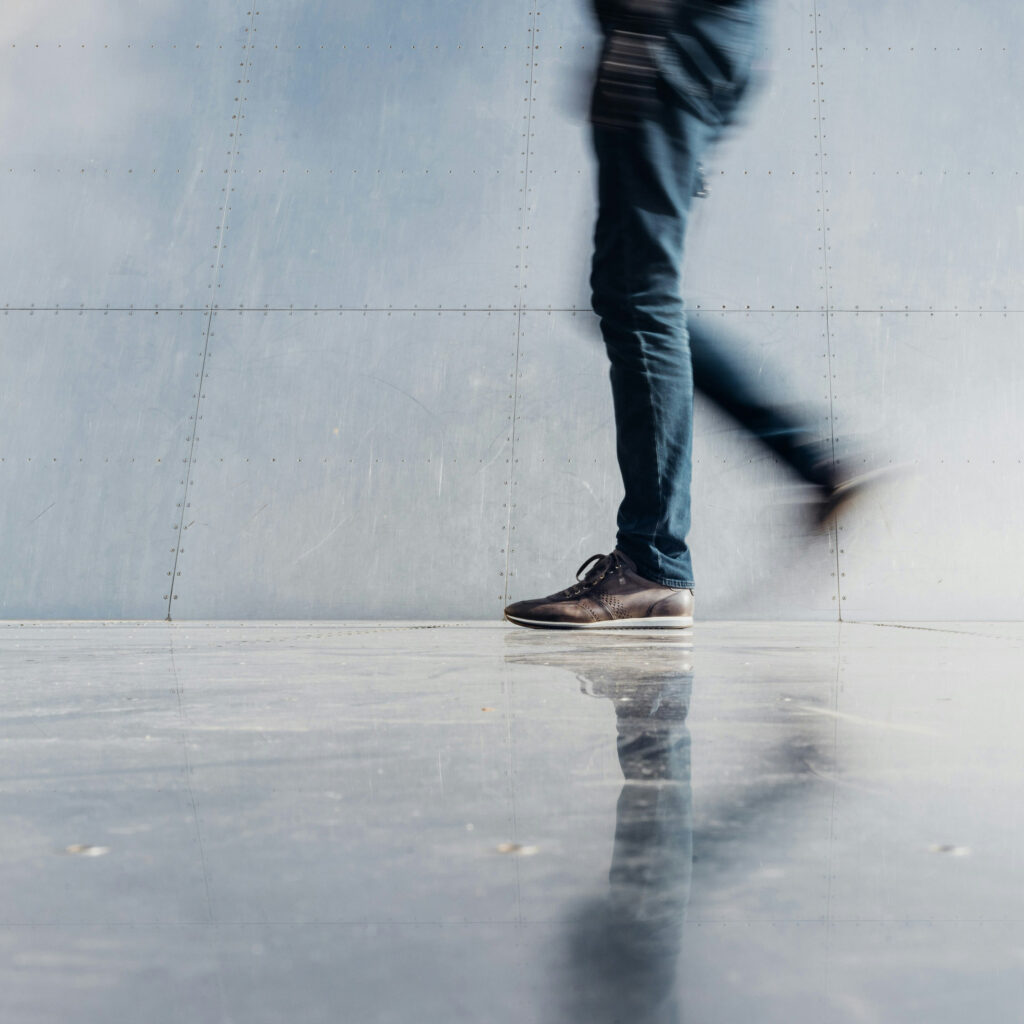
Heart racing, chest tightening, throat closing up, mind going a million miles a minute. I sat there on the family couch Christmas day, surrounded by loved ones, wondering what was wrong with me. There were no obvious stressors going on, a familiar environment, even a couple of days off of work, so why did I feel like I needed to run out the door as fast as I could? The shame of feeling so uncomfortable for no obvious reason weighed on me, as I reflected over the last 6 months since I had had a panic attack that left residual anxiety ever since. You’re a therapist! You should know better than anyone how to not feel this way anymore!
As much as it is true that I am a therapist, it’s also important to remind my brain that I am a human too. Like all animals, humans evolved a unique ability to help them compete for resources and survive. Tigers have their stripes and stealth, bee’s have their stingers, and humans have their problem solving skills. The humans who survived were the ones who could most quickly, accurately, and reliably spot danger, find a solution for it, and learn from that experience. These surviving humans passed on their genes, progressively strengthening this skill throughout generations.
Think of it this way, a group of early humans are walking through the tall grass when they see a brown spot off in the distance. Some of them see it and feel a small impulse to run, but they take some time to consider their past experiences with brown spots, and then decide to run away in case it is a lion. Some of them see it, have no impulse and ignore it without worrying about what it could be. Some of them immediately run when spotting it without pausing to consider if it could be a lion or not.
Now which humans do you think would be more likely to survive?
The ones that have the stronger fear reaction and impulse to run immediately. If it was in fact a lion they have a stronger likelihood of escaping, allowing them to pass on that gene; if it wasn’t a lion then there is no danger and they still get to pass it on to the next generation. Both other groups would have significantly less odds to pass on their genes containing that running impulse. Us modern humans are the product of hundreds of thousands of years of nature selecting for a strong impulse to react in some way to even just the slightest hint of danger. That impulse is felt by us today as fear. This is also compounded by the fact that we can be afraid of even just the thought of danger, without anything actually dangerous being present.
Humans have the ability to relate to the world symbolically. If I even just say the word “stove” an image of a stove magically appears in your mind. That mental representation is a symbol of a “stove” that you can now do things with. If I asked you “how long can you touch a hot stove before you hurt yourself?”, you could roughly give me a correct answer without actually having to ever put yourself at risk of a burn injury. Early humans that could use symbolic thinking better than others were more capable of solving problems without actually having to try them in real life, again increasing their odds of survival. A human that could be afraid of the thought of a lion would better know how to avoid it. Taken together, our ability to relate to things symbolically combined with our strong impulses to avoid danger leads to our modern experience of anxiety: we are the only creatures that can be afraid of things we think about. Anxious humans who could worry about the thought of danger and react quickly to it were the ones who survived, and we are the result. Modern day humans who’s nervous systems react to public speaking, socializing, heights, body image, even the thought of anxiety itself as if these were lions ready to eat us.
So coming back to the couch, I reminded myself there are no lions here, and practiced noticing the sensations as they were without getting too pulled in to them, focused on spending quality time with my family, and thanked my body for its efforts to keep me safe. When we recognize that this is just how our bodies are wired, it can make it easier to just be in the moment, connecting to the things that are important to us.


